It is estimated that 87% of all travel-related search begin online, and we all know how dominant Google is in this area, controlling anywhere between 65-90% of the online search market, leaving Bing and Yahoo far behind on the worldwide scene.
Yet Google is much, much more than a search engine, and brands ought to understand and embrace the following free tools that help optimize their digital marketing by providing crucial business intelligence.
1- Google Analytics
It boggles my mind to still see websites that don’t have Google Analytics installed, or sometimes installed only the home page. GA provides a mine of information about users to your website, their behavior and what events or pages convert. Other examples of valuables insights provided by GA:
- Demographics of users to your website
- Performance of the site: time spent, unique visitors per page, pages viewed per session, bounce rate on the site or specific pages, etc.
- Where traffic is coming from: organic, direct, referral, social, paid.
- Which device (mobile, tablets, desktop) generate traffic, how it compares to overall site stats
- Conversion rates for events: download a brochure, subscribe to a newsletter, reserve or buy an item on the site, etc.
- Flow of traffic on your site: where users spend time, where they exit, which page converts better and so on.
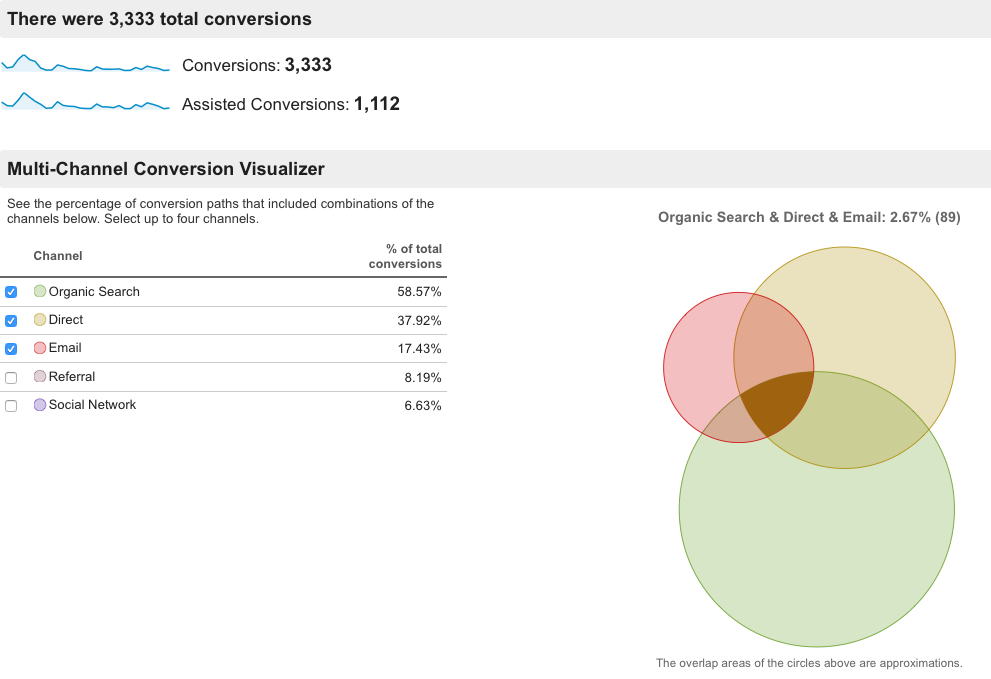
Of course, this is a just a snippet of the possibilities but it goes without saying that GA should be a must in any digital marketer’s toolkit.
2- Google Alerts
What are people saying right now about your business? Managing online reputation has become a number one priority in the hotel industry, so it becomes important to monitor conversations and know who the influencers are, if a video mentions your brand or industry, or if a given media highlights a photo of your destination or property.
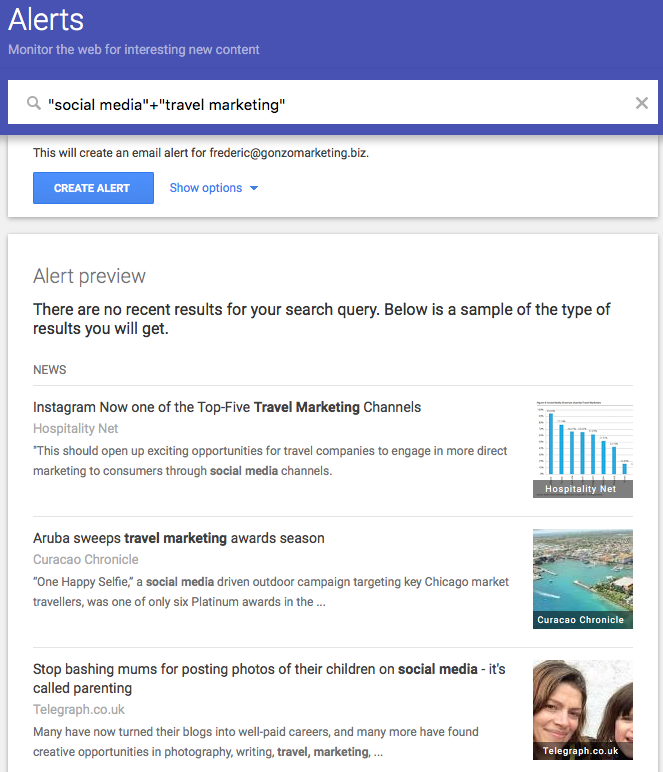
There are numerous tools and applications that provide robust solutions, and many do a better job than Google Alerts. But since Google has a free solution that you can adapt according to whatever keywords you choose, sending notifications whenever you choose – at it happens, once a day, once a week -, why not set up at least some basic alerts to ensure you are not missing out of some key conversations taking place?
3- Google Ads
Google recently ditched showing paid advertising on the right column, favoring a 4th ad directly under the search bar, making it that much more difficult for organic results to show up above the fold for desktop users. On mobile devices, a regular screen will show about three results, all paid search, before a user scrolls down to natural results.
Thus, using AdWords campaigns has become a must, even though results and costs vary greatly per market, per industry, and per brand.
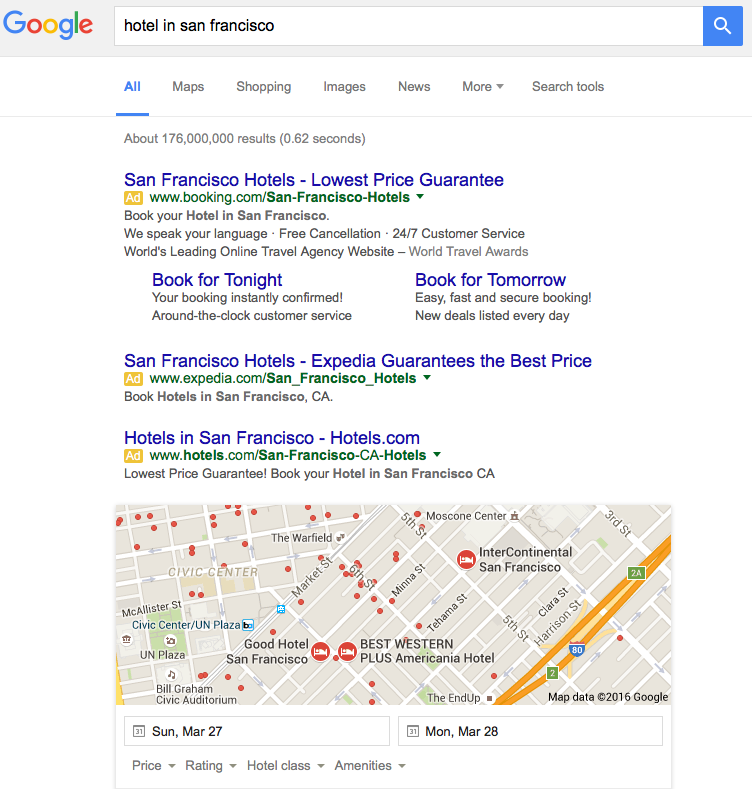
Nevertheless, AdWords remain pivotal, specially through more sophisticated approaches like remarketing on other sites and through social media outlets.
Savvy hotel marketers will nevertheless want to invest on an overarching content strategies because relying solely on AdWords campaigns is not a viable long term approach, knowing OTAs like Expedia and Priceline (Booking) spent more than a combined US$6.3 billion on their digital marketing in 2015 alone!
4- Google Search Console
Wondering what keyword online travelers use in order to reach your website? If you look directly within your Google Analytics dashboard, it can sometimes be a frustrating experience, as Google tends to hide this information under its infamous ‘not set’ expression. That’s where Search Console – formerly known as Webmaster Tools –comes into play.
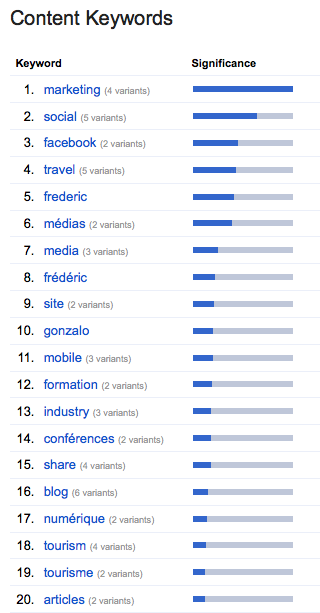
Search Console is great to understand how many links point to your website, your most linked content and who links most to your website. This can obviously help in targeting social media or influential sites in order to promote your site and enhance overall SEO effectiveness for your travel brand.
How to Set Up Your Search Console Account
5- Google Keyword Planner
You are interested in investing some of your marketing budget on AdWords campaigns, but you are unsure about which keywords to use, or which ones might be most effective. This is where Keyword Planner comes in handy.
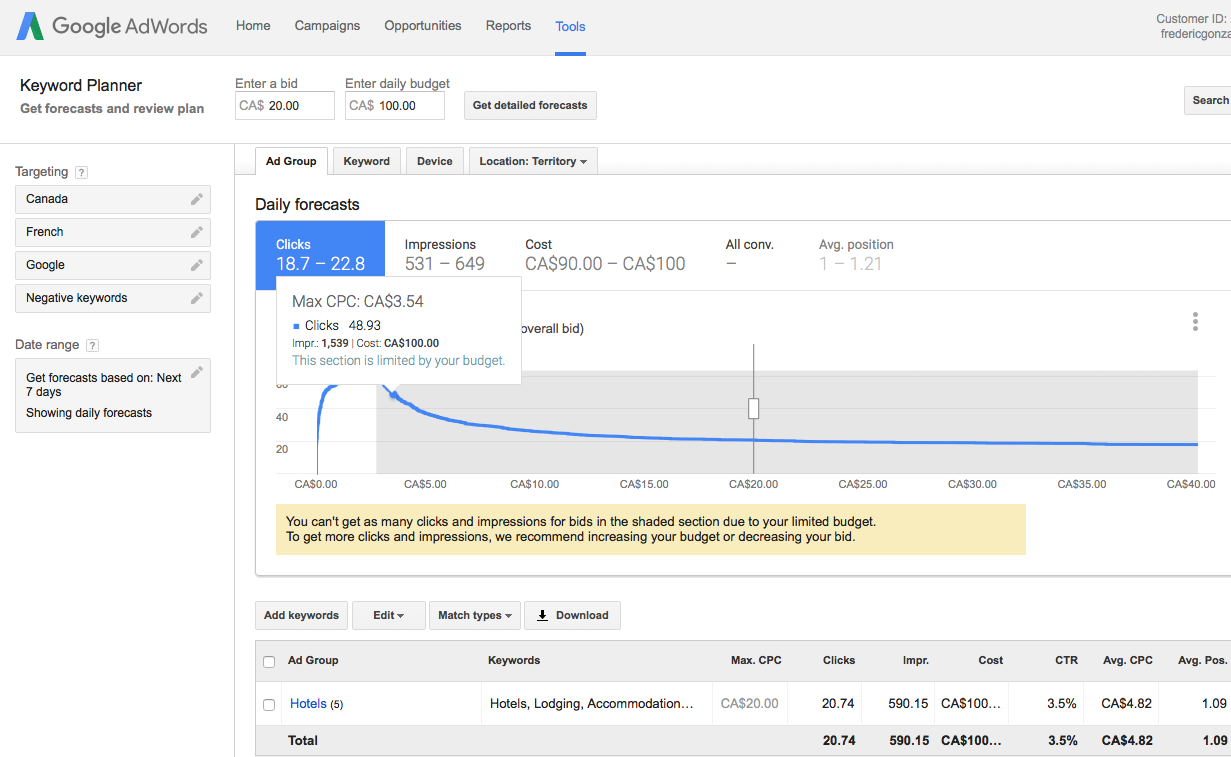
Keyword Planner helps to plan your budget by getting click and cost performance forecasts. It also allows you to get an idea about search volumes for any given keyword per market, per language, suggested bid for an effective campaign, and much more. The tool is not perfect, of course, but it helps in planning for AdWords campaign when properly doind the research ahead of time.
6- Google Street View
Visual storytelling has become a key differentiator for travel brands, using photos and videos to showcase the experience, both from a user’s perspective through UGC platforms, and from a brand standpoint, managing a dynamic presence on popular platforms such as Instagram, YouTube, TripAdvisor, and Facebook among others.
Did you know you can easily produce 360 degree images of your property and upload them directly onto your Google Maps and Google account? Simply download the Street View mobile application, available for both iOS and Android users, point your device in the required direction, simply follow instructions and voilà!
You will have dynamic visual content to help promote your product or service!
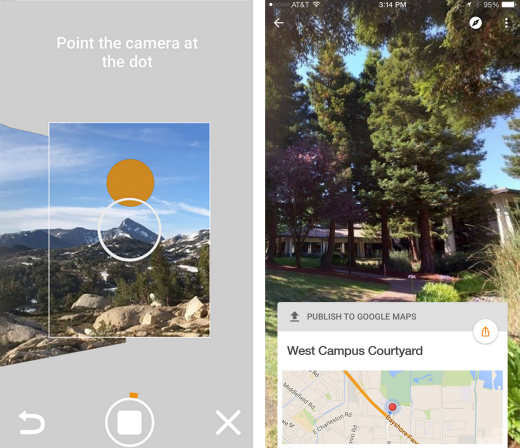
Read also: Introducing the new Street View app from Google Maps
7- Google Instant Booking
Will Google finally become the online travel agency everyone (well, everyone in the travel industry, at least) has been expecting for the past five years, ever since it purchased ITA software with hotel and airline search/transaction functionalities? While this is not a tool per se, at least not yet, there are signs pointing in that direction, as we have been seeing in the past year…
Read also: Will Google new Instant Booking revolutionize how we choose hotels?
If you, like many other experts in the travel industry, are still doubtful about Google’s intention in this realm, you may want to check out their newly launched Google Destinations service, which promises to take users by the hand throughout the travel decision-making process.
Thus, travel brands must ensure their presence at all possible Google outposts as possible, with a fully optimized and mobile friendly website.
8- Google My Business
I did not include Google+ in this list, simply because I don’t really believe in the social networking side of it, nor do I believe there is enough engagement there to justify ongoing efforts by most travel brands.
However if there is only one good reason to have a Google+ business page, it would be to access the Google My Business function, which allows brands to ensure all relevant details about the organization are correct on Google Map listings (address, city, zip code, etc.) as well as allowing to manage online reviews, among other things.
9- Google Hangout
I have conducted quite a few webinars in the past 18 months, using Hangouts on Air, which is a great platform that used to be only accessible through Google+.
Hangouts can be used between individuals just like Skype conversations, but it also has broadcasting features that can be useful when launching a new product or service, or to conduct an educational seminar. Again, one of the main perks about this Google tool: it’s free!
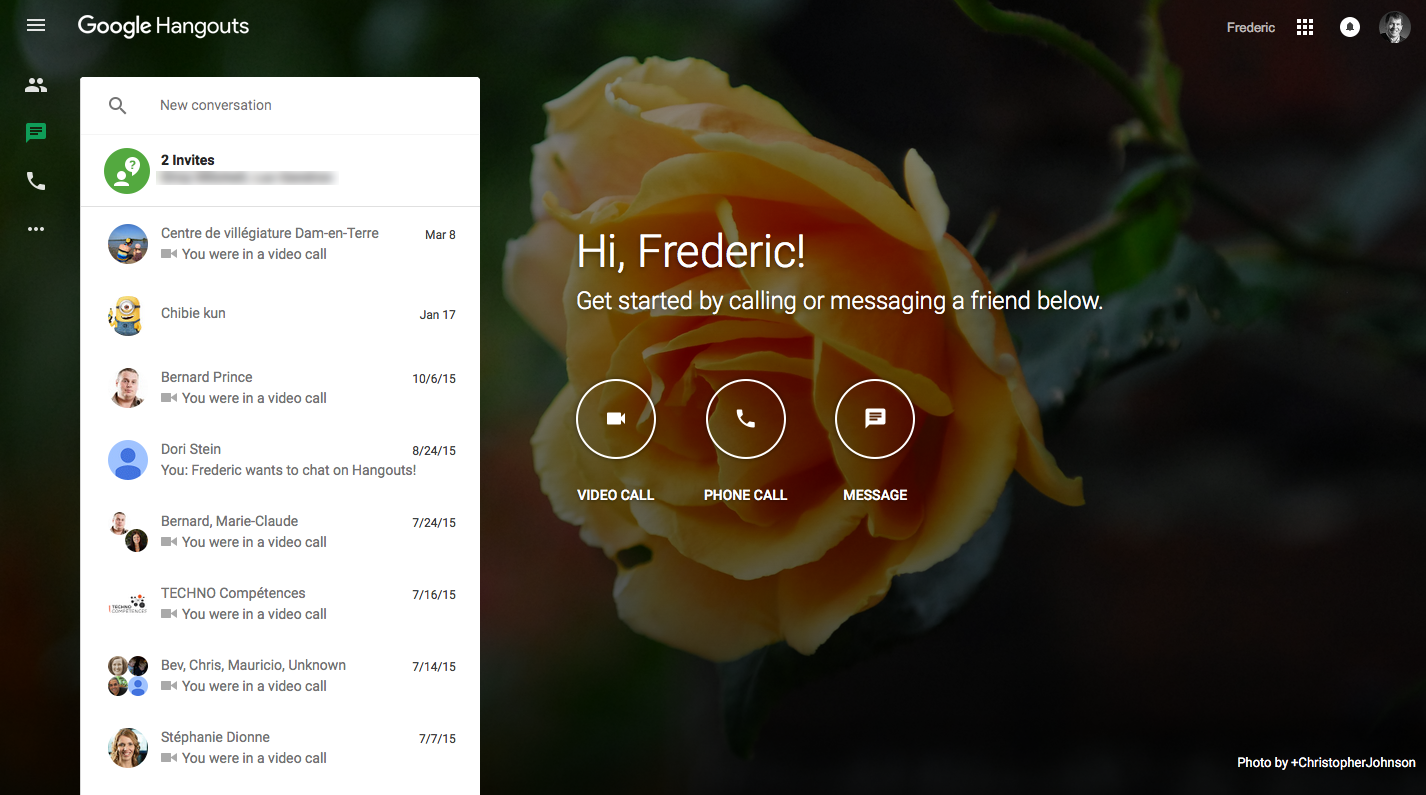 10- YouTube
10- YouTube
Last but not least, YouTube. Ever since the video platform was acquired by Google, it has seen tremendous growth and is considered the second biggest search engine in the world. Yet did you know that in travel & tourism, it is the number one source for search within the 18-35 demographic?
Because videos can be tagged with keywords when uploaded on your YouTube channel, one of the greatest benefits of YouTube – besides obvious views and increased awareness for a brand – is contribution to your search engine optimization efforts, specially from a long tail perspective. Does your brand have a dedicated YouTube channel and presence?
Let me know if you feel there are other Google tools that should have been mentioned in this article, or if you have any feedback regarding the above mentioned tools and apps.
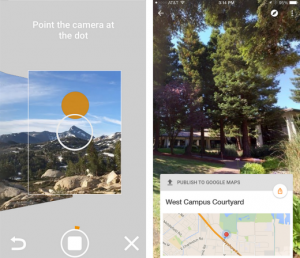
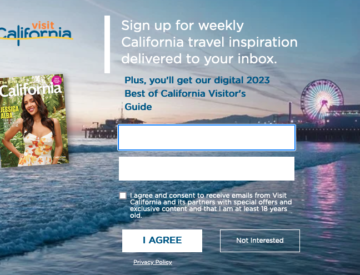








Leave a Reply